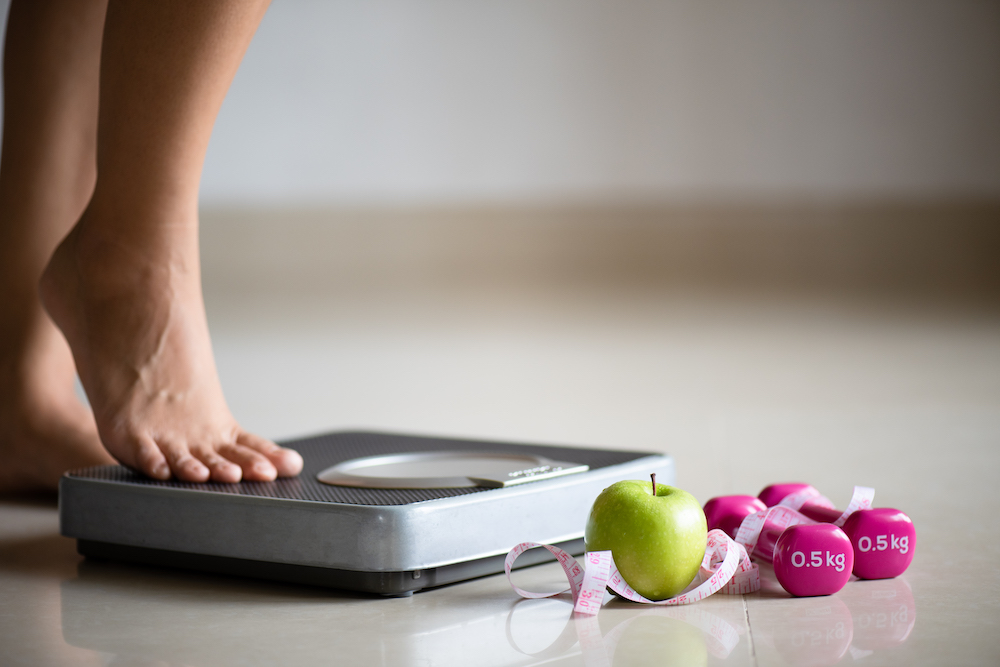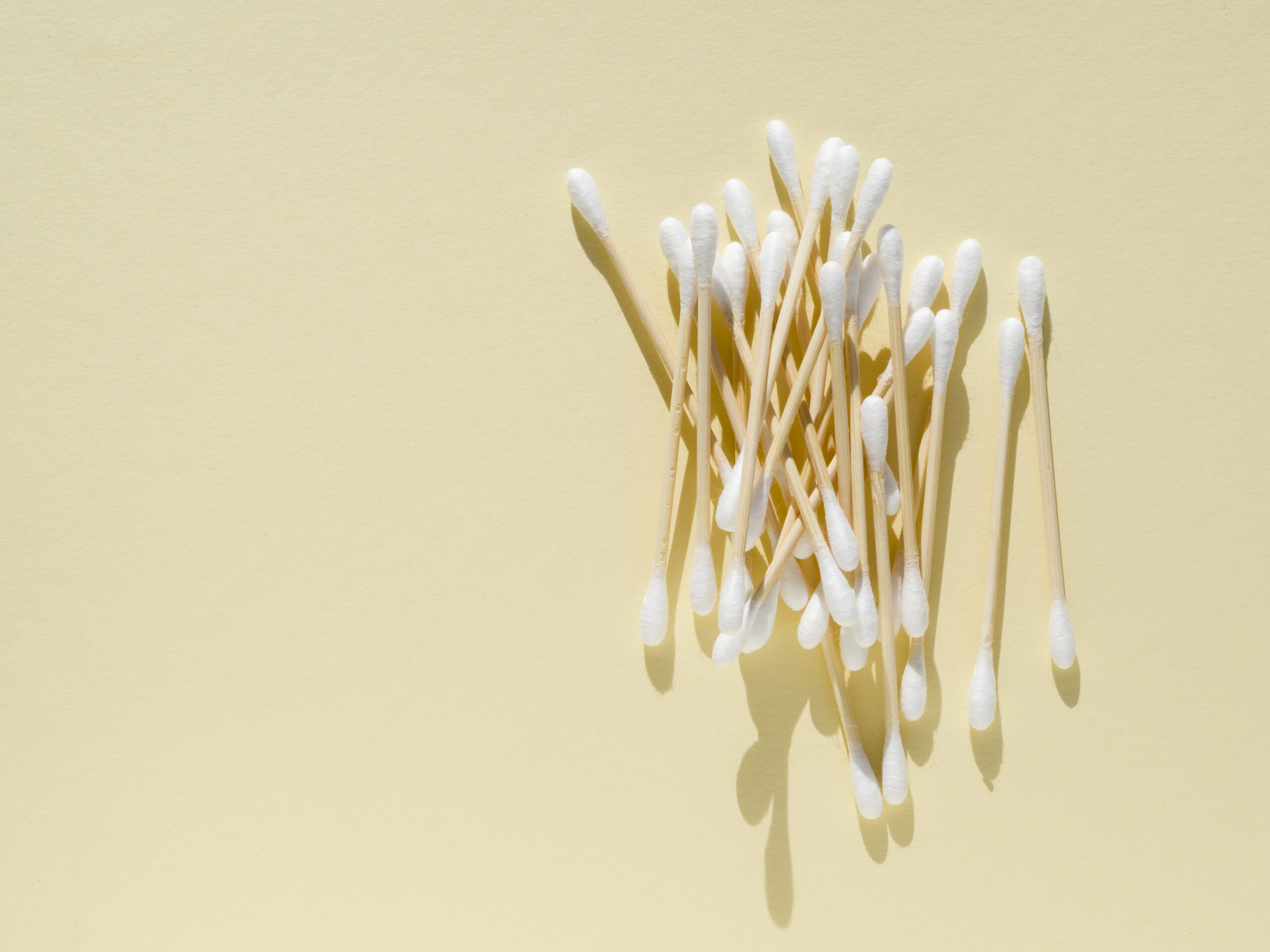Why weight fluctuation can be bad for your brain

You know the feeling: you lose a couple of pounds (lbs), and the next time you step on the scales, you have somehow put even more weight back on. You fluctuate in weight and mood. When you gain some weight, you immediately feel less comfortable and want to lose a bit again. You quickly fall back into old habits, and it seems like your weight is yo-yoing. This pattern is not good for our brains, and the yo-yo effect needs to be broken quickly. But how does it work?
When you fluctuate in weight and don’t have a consistent eating pattern, it disrupts your physical health. Your BMI keeps changing, and this can have consequences in the long run.
For example, you are more likely to develop dementia, as revealed by a study with around 16,000 senior participants shown in the journal Alzheimer’s & Dementia. None of the participants had dementia at the beginning of the study. After 5 years, they looked back at the participants’ results, and it turns out that those who fluctuated in their BMI experienced a decline in their mental health. They developed diabetes, depression, or started smoking.
Fluctuating your food intake and weight is not good for your brain. If you look after yourself and adequately maintain your bones, fat, and muscles, you will have better health in old age.
Your eating pattern can cause a fluctuation in weight. If you often have binge eating episodes or eat at irregular times, your body gets confused. This leads to weight fluctuations, and your brain may send incorrect signals.
Other possible causes of weight fluctuations:
Timing
Your body doesn’t weigh the same throughout the day. You are heavier in the evening than in the morning. So, don’t step on the scale after drinking litres of water or eating. Instead, check your weight every other week, ideally at the same time, for consistency. If your weight still fluctuates significantly, something is wrong with your eating or exercise habits.
Salt
You may have heard this before, but salt retains water. If you had a delicious bowl of chips the day before, you might be heavier on the scale the next day. But no worries, this doesn’t mean you instantly gained 2 pounds. It will disappear after a few days of drinking enough water and eating healthily.
Menstruation
Often, we are a bit heavier before our menstruation. This is because the uterus builds up a layer of lining. During menstruation, you often shed this lining. So, it’s possible that you become a couple of pounds lighter during your period. However, your weight gradually increases in the following weeks.


